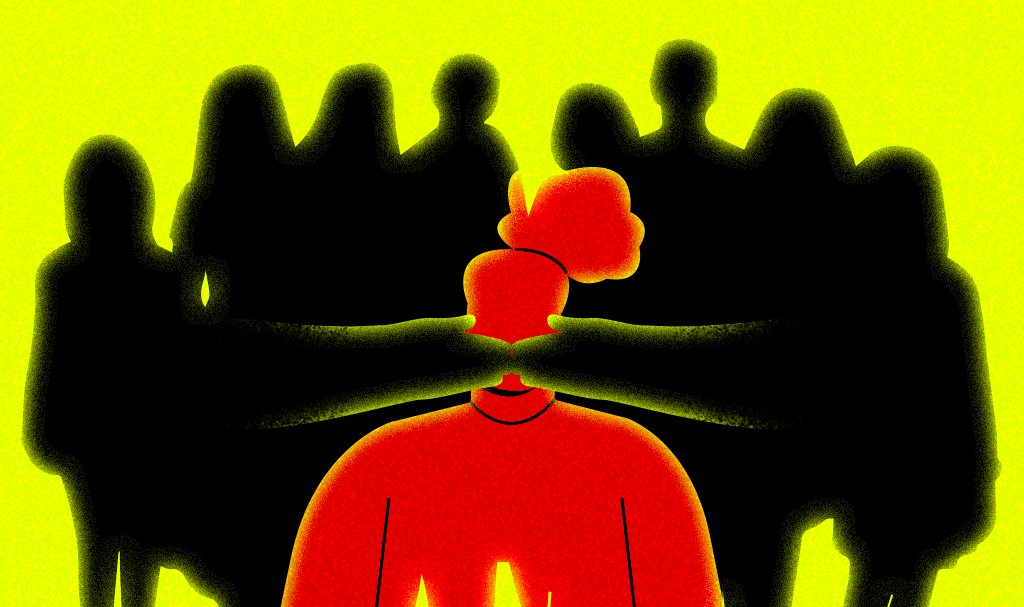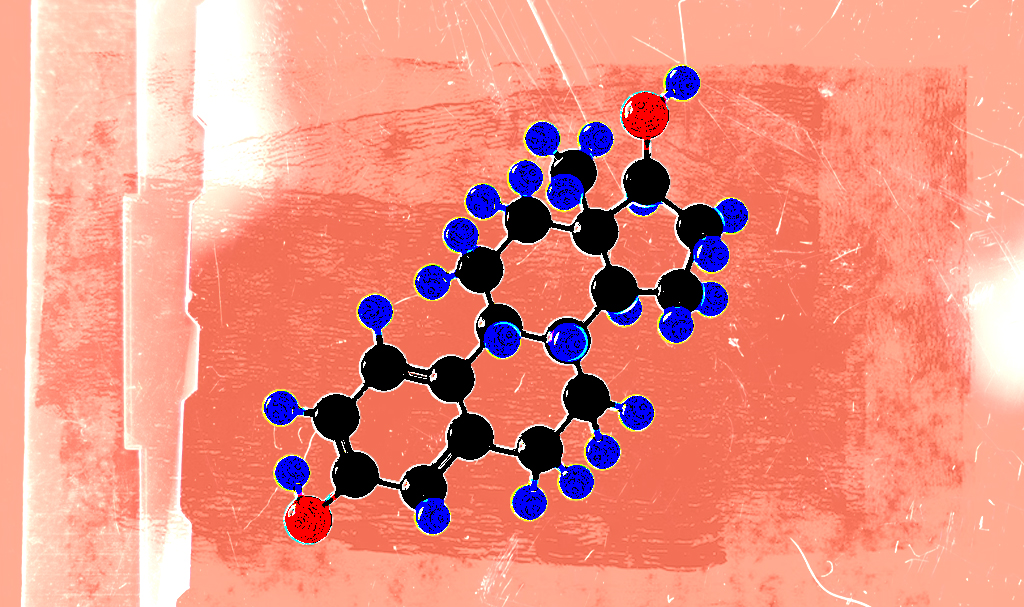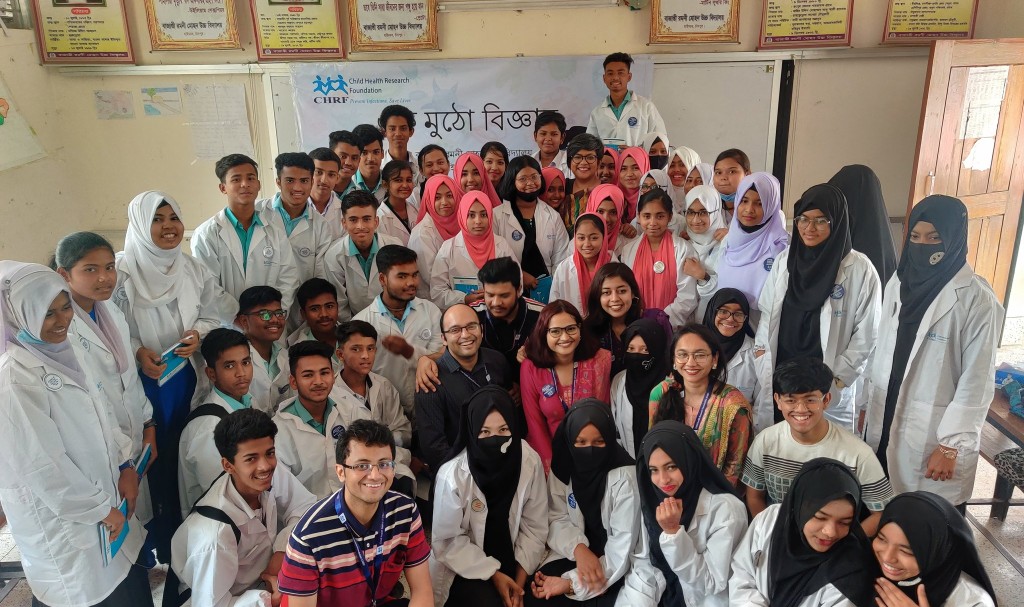Nishat Anan

ABOUT
Nishat is a science journalist. She graduated with an MSc in Biomedical Science from Monash University where she worked with a cellular model of Parkinson’s Disease. Nishat loves lending her voice to bring science closer to society.
Stories by Nishat Anan
Women Get More Out Of Exercise Than Men Do
Researchers say that the study findings might encourage more women to start exercising.
Women Transforming Science
On this International Women’s Day, Asian Scientist Magazine speaks to six inspiring women in STEM who are leading their fields and have messages for younger women scientists in the region.
Study Shows Genetic Links To Academic Achievements in East Asians
Until now such studies have been limited to Western populations.
What Prevents Bystanders From Stopping Gender-Based Violence
Previous unsuccessful attempts in curbing violence is one of the main reasons dissuading bystanders, found the study.
How Scientists Are ‘Hyping’ Their Research Proposals
Study shows that researchers targeting National Institutes of Health grants are increasingly using promotional language in their applications. But what’s really driving this?
Flood Prone Areas Are Likely To Have More Infant Mortality
Data spanning three decades highlights the potential long-term public health burden of recurrent flooding in Bangladesh.
How Estrogen Shields Tumors From The Immune System
The female sex hormone contributes to tumor progression in the estrogen-negative cancers lacking hormone receptors.
Building Scientists For Bangladesh
Microbiologist Senjuti Saha and her team are empowering the next generation of scientists and community leaders in Bangladesh.
The Split Nap Hack for All-Nighters
A new analysis of night shift nap studies points to the optimal snooze schedule for fending off exhaustion and drowsiness in early morning hours.
Women Get More Out Of Exercise Than Men Do
Researchers say that the study findings might encourage more women to start exercising.
Women Transforming Science
On this International Women’s Day, Asian Scientist Magazine speaks to six inspiring women in STEM who are leading their fields and have messages for younger women scientists in the region.
Study Shows Genetic Links To Academic Achievements in East Asians
Until now such studies have been limited to Western populations.
What Prevents Bystanders From Stopping Gender-Based Violence
Previous unsuccessful attempts in curbing violence is one of the main reasons dissuading bystanders, found the study.
How Scientists Are ‘Hyping’ Their Research Proposals
Study shows that researchers targeting National Institutes of Health grants are increasingly using promotional language in their applications. But what’s really driving this?
Flood Prone Areas Are Likely To Have More Infant Mortality
Data spanning three decades highlights the potential long-term public health burden of recurrent flooding in Bangladesh.
How Estrogen Shields Tumors From The Immune System
The female sex hormone contributes to tumor progression in the estrogen-negative cancers lacking hormone receptors.
Building Scientists For Bangladesh
Microbiologist Senjuti Saha and her team are empowering the next generation of scientists and community leaders in Bangladesh.
The Split Nap Hack for All-Nighters
A new analysis of night shift nap studies points to the optimal snooze schedule for fending off exhaustion and drowsiness in early morning hours.











